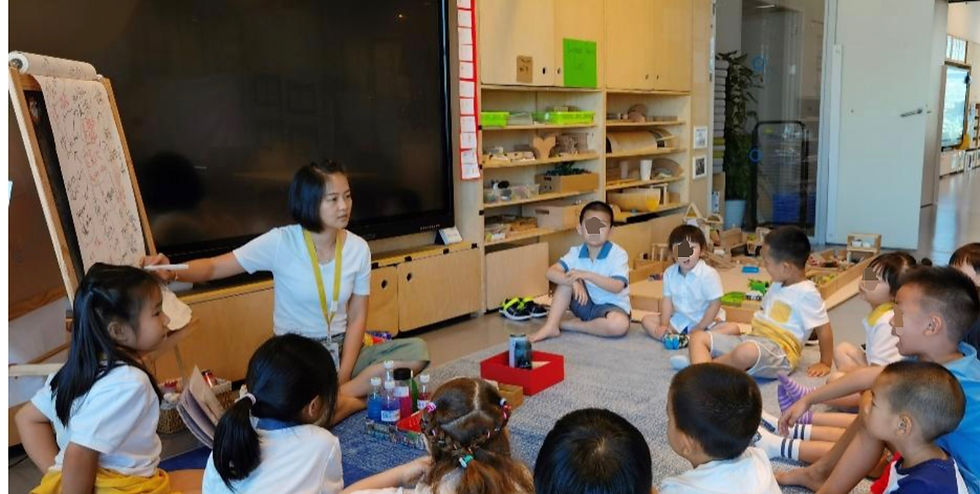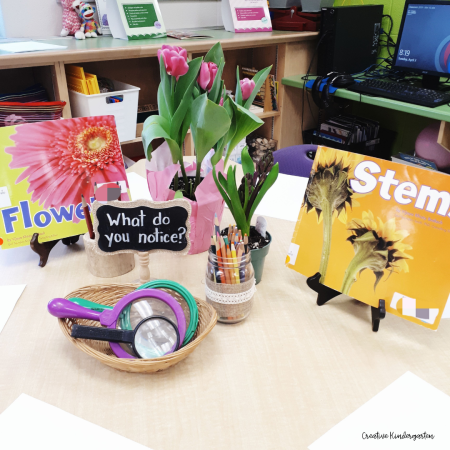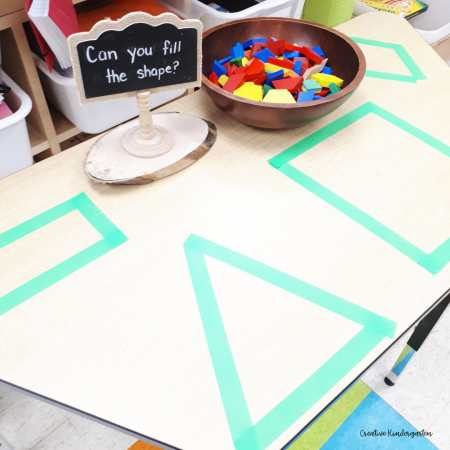Why do educators who attempt approaches such as Reggio Emilia and an Emergent Curriculum struggle so much? Social media sites such as Facebook are full of educators seeking help and advice, sharing struggles and concerns with moving towards these ways of working with children that promote the ideas and interests of children as the driving force for learning and planning.
The last few years, since I moved from Reggio inspired (RE) and emergent curriculum (EC) teacher to leader I have noticed and struggled with how to help educators trying to adapt to working in this way. When re-reading the book 'In the Spirit of the Studio: Learning from the Atelier of Reggio Emilia' a quote popped out at me that summed up the challenge and change in mindset needed,
"Formulas? There are none. There are only possible strategies."
All of the mainstream early education approaches are based on formulas that outline the direction you should go, how long you spend on a given topic and the type of activities you should do. There is a lot of variety and levels of rigidness and freedom out there. Some schools have a very strict curriculum with little deviation allowed. Others offer more flexibility. When moving to an EC or RE approach the formulas that supported educators previously are gone because we work in a different way. This is where those on this path struggle and give up. I am convinced it is the reason so many kindergartens call themselves Reggio inspired when in reality that operate in a clearly formulaic way and just use the Reggio lingo. They have set schedules, subject classes and prescribed curricula but maybe a more natural environment. (Not what is meant by the "third teacher" by the way!)
Let's take the IB/PYP for example, which I really like, and when I worked in this way I learnt a great deal. There is a clear formula. Projects last a certain amount of time, there are only so many projects each year and they are designed to cover different transdiciplinary themes, learner profiles, follow the inquiry cycle etc. In a RE inspired or EC there isn't necessarily a formula to follow and one project to the next might emerge and evolve in very different ways, last different lengths of time and focus on different disciplines more than others.
That is why I think if teachers rethink their approach from formulas to 'possible strategies' it can better help them in their practice and adaption to this way of working. The obvious benefit of following a formula allows for certain level of consistency, which is important. Alternatively following possible strategies can open the educator up to greater levels of learning for their students and themselves as well as developing a stronger ability to think with children and not for them (negotiated learning vs adult directed). A clear difference in working with a formula to possible strategies shifts the adult from thinking "I need to do this next" towards "we could do this...".

I highly recommend mind mapping to help with this process. When we mind map an idea we observe being explored in the classroom we open ourselves up to different directions and possible strategies. Mind mapping isn't easy. I have seen educators struggle to come up with ideas, get flustered and walk out the room due their inability to escape the formulas of most teaching approaches they are used to. Particularly with ideas that are more abstract or more unfamiliar than your standard learning topics such as "butterfly life cycle, community helpers, the five senses etc." This is also an added benefit of working this way. You begin to see learning in new and creative ways where topics break out of the traditional topics towards places where there are no TPT/Twinkl resources and you have to get really creative with the kids.

Mind mapping allows you to see what you know, what you don't know and over time what you haven't yet thought of. It allows you to keep all possibilities open. Mind maps should be added to over time, reflected on regularly and used in the process of decision making. It is the big idea that is then broken down into smaller pieces to followed, trying out different hypothesises like a true scientist.

It is then important to keep following and developing those smaller pieces based on what you think would be of interest to children and observations of children's play/dialogues.
For example,

Above is a documentation account of children observing tadpoles taken by my Chinese co teacher Ms Alice. From the children's conversations we can ascertain their level of interest, understanding of tadpoles and plan out the next steps to take. It is important to note that there is no right answer for next steps. Another teaching team might make different next steps. This highlights the difference from working in a formula to possible strategies as well as an understanding that working in a Reggio Inspired way is subjective.
"...pedagogical documentation is a process for making pedagogical (or other) work visible and subject to dialogue, interpretation, contestation, and transformation. It embodies the value of subjectivity—that there is no objective point of view that makes observation neutral. It is rather a base for nurturing negotiation by making perspectives explicit and contestable through documentation with others..."
The Hundred Languages of Children
Another important element of following learning strategies instead of formulas is accepting some ideas don't work. For example, you put out a provocation or invitation and then nobody goes. Alternatively you follow an idea or interest that fizzles out.
(Sourced from google)
These can be demotivating for educators new to working in a RE inspired way or in an EC. In a system where the learning topics and activities are planned out in advance teachers don't generally suffer this feeling as there is little choice and children just go along for the ride from topic to topic. There are times when the set curriculum aligns with childrens interests and these are ususally the themes that teachers remember most as being "the best" from the year.
So remember, if you are stepping out in the wilderness of emergent curriculum or Reggio inspired practice that,
"Formulas? There are none. There are only possible strategies."






Comments